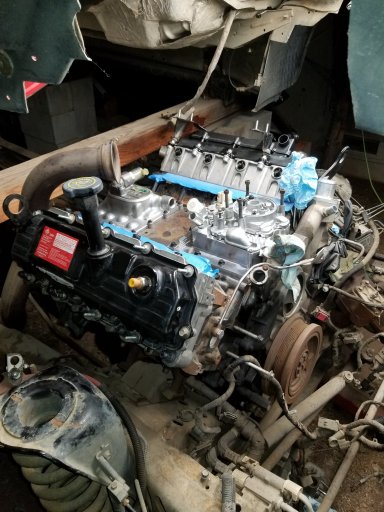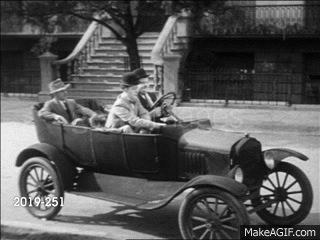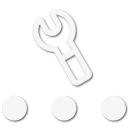
Member I
Wired had an interesting article about how high-tech cars are killing the auto repair shop.
Got me thinking about how this applies to overlanding and how to do repairs yourself, or at a local shop, far from a brand approved mechanic or official dealership.
I like my '96 Hummer with the GM 6.5TD, but there are people in the Hummer community who complain about all that newfangled computerized stuff on the turbo engine and prefer the 6.2 or 6.5 NA just because of their simplicity.
Just wonder if this issue factored into your decisions about your overland rig.
Cheers!
-Matt
Got me thinking about how this applies to overlanding and how to do repairs yourself, or at a local shop, far from a brand approved mechanic or official dealership.
I like my '96 Hummer with the GM 6.5TD, but there are people in the Hummer community who complain about all that newfangled computerized stuff on the turbo engine and prefer the 6.2 or 6.5 NA just because of their simplicity.
Just wonder if this issue factored into your decisions about your overland rig.
Cheers!
-Matt













